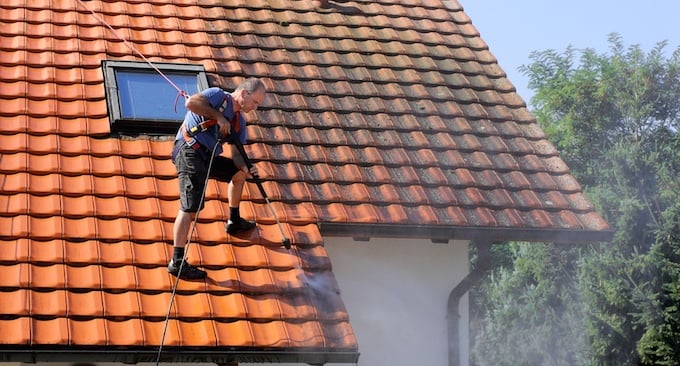As children grow and develop, they inevitably encounter peer pressure. Peer pressure is the influence that friends and peers have on a child’s behavior, beliefs, and attitudes. While some forms of peer pressure can be positive, such as encouraging healthy habits like exercise and good nutrition, negative peer pressure can lead to risky behaviors, such as smoking, drug use, and underage drinking. As parents, it is important to teach our children how to deal with negative peer pressure in a healthy and constructive way. In this article, we will explore some effective strategies for helping your child deal with peer pressure.
Open Communication
One of the most effective ways to help your child deal with peer pressure is to have open and honest communication with them. Encourage your child to talk to you about their experiences and feelings, and listen to them without judgment or criticism. By establishing a trusting relationship with your child, they will be more likely to come to you for guidance and support when faced with difficult situations.
Role Play Scenarios
Role-playing scenarios with your child can be a helpful way to prepare them for situations where they may encounter negative peer pressure. This can involve practicing how to say “no” to offers of drugs or alcohol, or how to walk away from a group of peers engaging in risky behaviors. By practicing these scenarios in a safe and supportive environment, your child will be better equipped to handle these situations in real life.
Teach Assertiveness
Teaching your child to be assertive can help them resist negative peer pressure. Assertiveness involves standing up for oneself and expressing one’s opinions and feelings in a calm and confident manner. Encourage your child to use “I” statements, such as “I don’t want to smoke” or “I don’t feel comfortable doing that.” This can help your child feel more confident and empowered in situations where they may feel pressured to conform to their peers.
Encourage Positive Friendships
Encouraging your child to form positive friendships with peers who share their values and interests can help protect them from negative peer pressure. By surrounding themselves with positive role models, your child will be more likely to make healthy choices and resist negative influences. Encourage your child to join clubs or groups that align with their interests, and to participate in activities that promote positive behaviors and attitudes.
Provide Alternatives
Provide your child with healthy alternatives to risky behaviors. For example, if your child is interested in experimenting with drugs or alcohol, encourage them to participate in healthy activities such as sports, music, or art. By providing your child with positive alternatives, you can help steer them away from negative peer pressure and encourage them to make healthy choices.
Set Clear Expectations and Consequences
Setting clear expectations and consequences for your child’s behavior can help them understand the importance of making healthy choices. Let your child know what behaviors are acceptable and unacceptable, and what consequences they can expect if they engage in risky behaviors. Be consistent in enforcing these expectations and consequences, and follow through on any promises you make.
Encourage Self-Confidence
Encouraging your child to develop a strong sense of self-confidence can help them resist negative peer pressure. Help your child identify their strengths and talents, and encourage them to pursue their interests and passions. This can help your child feel more confident in their own abilities and less likely to conform to the expectations of their peers.
Monitor Social Media Use
Social media can be a powerful source of peer pressure, as children often feel pressure to fit in and present a certain image online. Monitor your child’s social media use and be aware of the types of content they are engaging with. Encourage your child to use social media in a positive and constructive way, and to avoid engaging with content that promotes risky behaviors or negative attitudes.
In conclusion, helping your child deal with peer pressure is an ongoing process that requires open communication, active participation, and a supportive environment. By practicing assertiveness, encouraging positive friendships, providing healthy alternatives, setting clear expectations, promoting self-confidence, and monitoring social media use, parents can help their children develop the tools they need to navigate negative peer pressure and make healthy choices. Remember that peer pressure is a normal part of growing up, and that it is important to provide a safe and supportive environment where your child can learn and grow at their own pace. With patience, love, and guidance, you can help your child develop the skills they need to thrive in today’s world.




